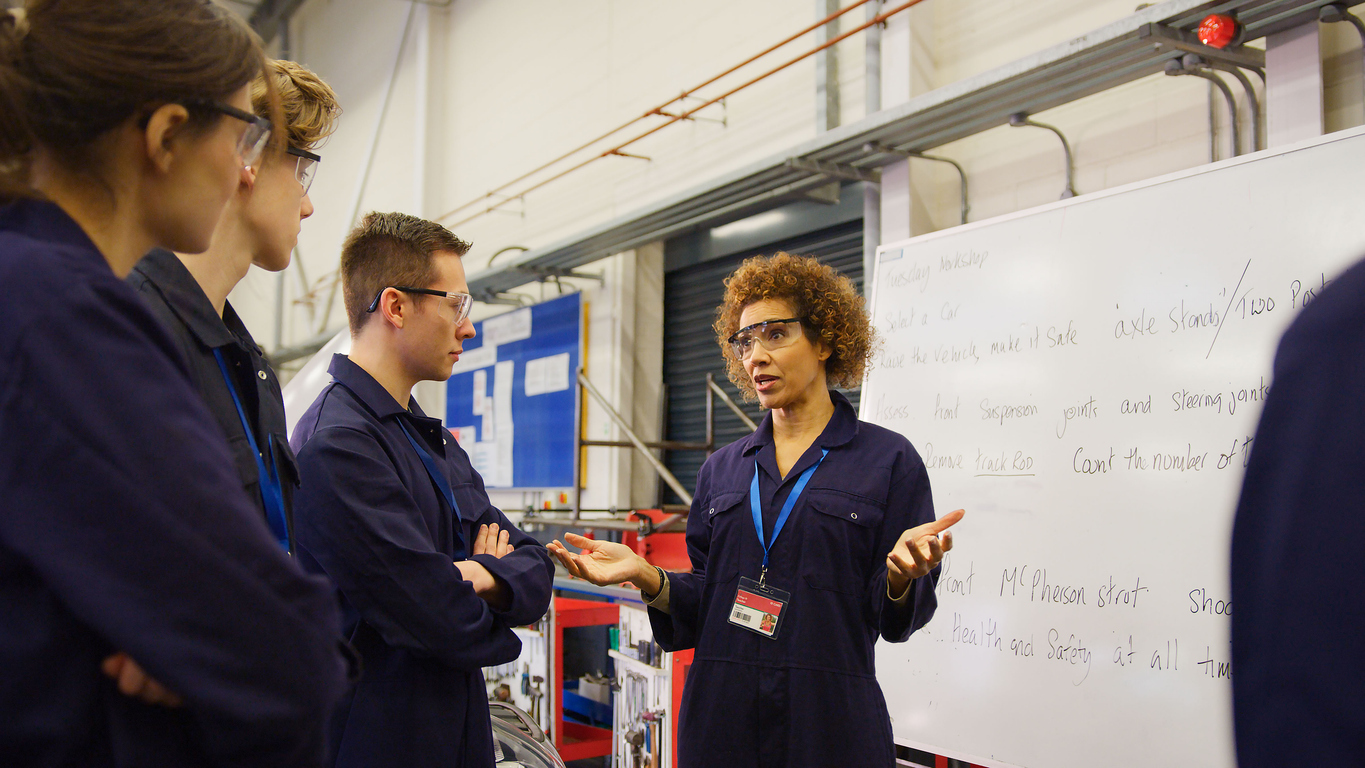Only 3 out of 10 East Midlands businesses anticipate a rise in profitability over the next year, overseas sales and orders have fallen and inflation has overtaken corporate taxation as the greatest concern of firms. The findings of East Midlands Chamber’s latest Quarterly Economic Survey highlight the tough conditions faced by firms across the region.
Covering the second quarter of 2025, responses were gathered from 354 businesses across multiple sectors in the East Midlands and the findings based on a combination of sentiment and measurable data. The survey provides indications of business performance, investment intention and concerns.
Headlines from East Midlands Chamber’s Quarterly Economic Survey Q2 2025:
Confidence in Profitability & Turnover over the next 12 months
- Only 3 out of 10 businesses expect profitability to improve
(no significant change from the last quarter but dropped from 5 out of 10 in Q3 2024)
- Only 4 out of 10 businesses expect turnover to improve
(no significant change from the last quarter but dropped from 6 out of 10 in Q3 2024)
UK Sales and Orders – performance over the last 3 months
- UK Sales up 5%
- UK Orders up 4%
Overseas Sales and Orders – performance over the last 3 months
- Overseas Sales down 10%
- Overseas Orders down 3%
Pressure to raise prices in the next three months
- 4 out of 10 businesses anticipate raising their prices
(slightly lower than Q1 2025 when the figure was 5 out of 10, but more than 3 out 10 in Q3 2024)
Decision to recruit new staff
- Half of businesses attempted to recruit new staff
(slightly more than in the survey for Q1 2025, but below the figure of 6 out of 10 in Q3 2024)
Retention of workforce
- 7 out of 10 businesses expect their workforce to remain the same
- 14% expect their workforce size to decrease
(this figure has fallen from 19% in Q1 2025)
Recruiting candidates with the required skills
- 6 out of 10 businesses reported difficulties in finding suitable staff
(Slightly lower than Q1 2025 when it was 7 out of 10)
The greatest concerns of East Midlands businesses have changed
- Inflation (was number 2 in Q1 2025)
- Corporate Taxation (was number 1 in Q1 2025)
- Competition (up from 4th place in Q1 2025)
East Midlands Chamber Director of Policy and Insight Richard Blackmore said:
“While this quarter has seen some slight uplifts, overall confidence among East Midlands business continues to sit on an eggshell and hasn’t picked up. If looked at as a trend over the last year, any expectation of increases in turnover or profitability from firms has plunged.
“This time last year, in Q2 and then Q3 of 2024, half of the region’s businesses said they anticipated profitability to improve, while 6 out of 10 said they thought turnover would lift. We’re now seeing 3 and 4 out of 10 businesses say that and that’s a big drop.
“When we look at performance, some comfort can be taken that sales and orders within the UK have seen a boost this quarter, but for those trading overseas it’s a less encouraging picture, with a 3% drop in orders and a 10% drop in sales. Aside from the generally high cost of doing business, there are two lateral headwinds – toward the east, there’s the reams of paperwork for export since leaving the EU; across the Atlantic, the added bumps in the road and inconsistency of changing US tariffs in recent months. Businesses need consistency, minimal cost and minimal red tape for smooth international trade.
“The pressure to raise prices has eased slightly this quarter but 4 out of 10 firms believing they may need to push these up is a stark reminder of the challenges businesses face. This is backed up further by the fact inflation, which soared while this survey was being conducted, has overtaken corporate taxation as the biggest concern of businesses in this survey. Combined, the two forces are a strong driver of any intention to push up prices. The rise we’re seeing in the number of firms anticipating making an increase has happened since the announcement and then implementation of employers hit with higher National Insurance contributions and a higher national living wage.
“Recruitment and retention have seen more encouraging data in this research, with the majority of firms – 7 out of 10 – expecting to keep all their staff, coupled with a slight drop in the amount expecting to reduce their workforce, while there’s been a lift in the number of firms having attempted to recruit. That’s a sign most businesses are resisting staff cutbacks and looking to increase their workforce, although to see a positive trend we’d need to examine incoming data over the forthcoming quarters, as a year ago more businesses were actively recruiting than now.
“Finding skilled staff that suit a role is still proving problematic with 6 out of 10 firms having struggled to get applicants suited to the vacancy. The number has slightly eased over the last quarter, from 7 out of 10, but as with slightly increased recruitment intention and retention of existing staff, we’d need to see sustained change over the coming quarters in our research to show a convincing improvement. The £1.2 billion pledged for skills investment in the recent Industrial Strategy from the government is a step forward in the effort to up the number of skilled candidates, but how this spend is broken down and its effect remains to be seen.
“While the results of this quarter’s survey contain slight uplifts in areas like UK sales and orders, an increase in recruitment intention and retention of staff and price pressure, ‘slight’ is a key word. It’s too early to suggest any early indication of a reversal in sentiment following the economic blows of things like higher National Insurance contributions.
“’Fragile’ is still where we are, with drops in overseas sales and orders and poor confidence in major indicators like profitability a reminder of how far we are from a thriving position. Businesses will now look to the Autumn Budget for fully supportive policies that must not contain any increased financial burden from hiked taxes. Trading is still tough in the East Midlands as our survey clearly shows.”
View East Midlands Chamber’s Quarterly Economic Survey findings for Q2 2025 here.








